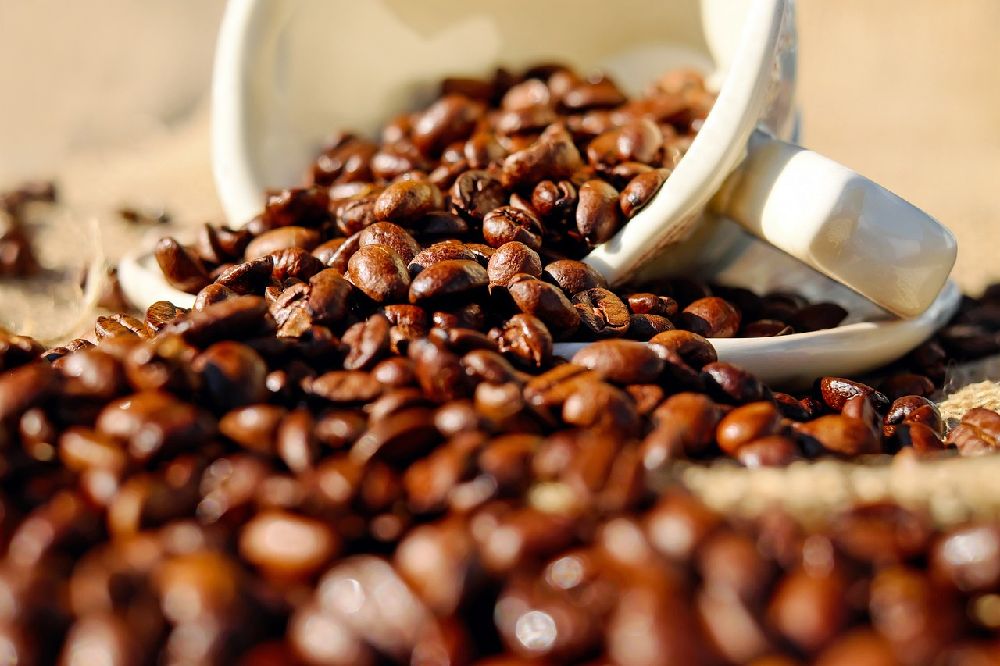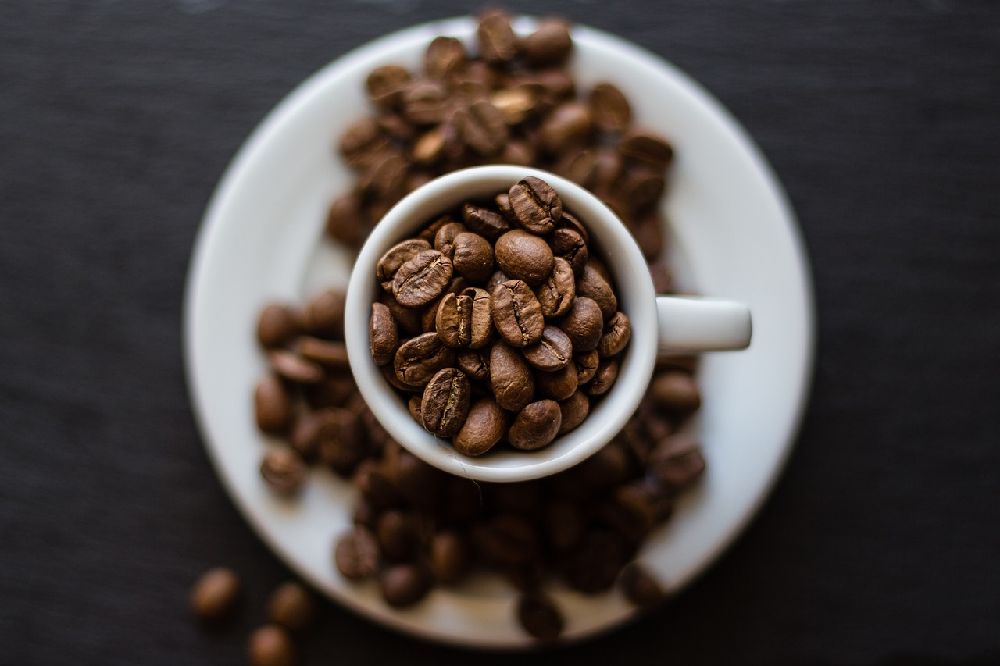Coffee roasting is more than just a process; it’s an art form. It’s a skill that transforms the humble coffee bean into a symphony of flavors, awakening our senses with its rich aroma and taste. But beyond the sensory experience, coffee roasting also plays a crucial role in sustainability. Let’s delve into why coffee roasting is a skill and why it’s essential to choose the right coffee bean using sustainable practices.
The Skill of Coffee Roasting
Coffee roasting is a delicate balance of heat and time, requiring a keen understanding of the coffee bean’s characteristics. Each bean has its unique flavor profile, and the roasting process is what brings these flavors to life. The roaster must carefully monitor the bean’s color, smell, and sound, making minute adjustments to the heat and roast time to achieve the desired flavor. This requires a deep understanding of the roasting process, a keen sense of observation, and a lot of practice. It’s a skill that’s honed over time, much like a master chef perfecting their signature dish.

The Importance of Choosing the Right Bean
The coffee journey begins long before the beans hit the roaster. It starts with the coffee plant itself, the region it’s grown in, and the way it’s cultivated and harvested. Each of these factors contributes to the bean’s flavor profile. Choosing the right bean is, therefore, a critical step in the coffee-making process.
But it’s not just about flavor. The choice of bean also has significant implications for sustainability. Coffee cultivation can have a considerable impact on the environment, from deforestation to water usage and pesticide pollution. By choosing beans grown using sustainable practices, we can help mitigate these impacts.

Sustainable Practices in Coffee Production
Sustainable coffee production involves practices that are environmentally friendly, socially responsible, and economically viable. This includes shade-grown coffee, which helps preserve biodiversity and reduce deforestation. It also involves organic farming practices that avoid harmful pesticides and promote soil health.
Fair Trade and Rainforest Alliance certifications are other important aspects of sustainable coffee production. These certifications ensure that farmers are paid a fair price for their beans, promoting economic sustainability and social justice.

Conclusion
Coffee roasting is indeed a skill, one that brings out the best in every bean. But it’s also a responsibility. As coffee lovers, we have the power to support sustainable practices with every cup we enjoy. By choosing the right beans and supporting sustainable farming practices, we can savor the rich flavors of coffee while also contributing to a healthier planet. After all, great coffee shouldn’t come at the expense of our environment.
This is why at Luxpresso we believe in both roasting only the perfect blend of beans while remaining sustainable in the process.

